The Agriculture and Horticulture Development Board (AHDB) reports a significant reduction in UK lamb throughput in October and November.
There were 1.16m head of sheep slaughtered in November, which represents a decrease of 6% on November 2019.
A slight percentage of this decrease may be underpinned by reporting on a four-week basis, but it still follows a similar trend to October throughput.
Throughput is very much following a similar trend to Ireland, whereby higher throughput earlier in the year appears to have taken lambs out of the system earlier and is creating a void in throughput now.
This is reflected in the AHDB reporting throughput since June running 2% higher, despite the tightening in numbers in recent months. This is detailed in Figure 1.

Figure 1.
A significant contributor to lower throughput in November is a lower ewe and ram kill.
Adult sheep slaughterings of 109,400 head are running 20% lower than in November 2019. This decline is lower than was originally forecast, with some reports predicting a lower kill, but not to this extent.
Sheepmeat production for the month of November was recorded at 25,400t, a reduction of 9% on 2019 levels. Carcase weights are similar to last year at 19.6kg.
Increased farmgate prices
The AHDB reports lamb prices continuing to excel in comparison with recent years' trends. For the week ending 9 December, the liveweight standard quality quotation (SQQ) increased 20p/kg to £2.18/kg.
The sterling exchange rate continues to weaken and at Friday evening’s rate of 91.7p to the euro, this equates to €2.38/kg.
The AHDB reports this price is 26p/kg above the corresponding week in 2019 and 44p/kg above the five-year average.
Deadweight prices also increased by 5p/kg in the latest weekly price report for the week ending 5 December to average £4.79/kg or €5.22/kg.
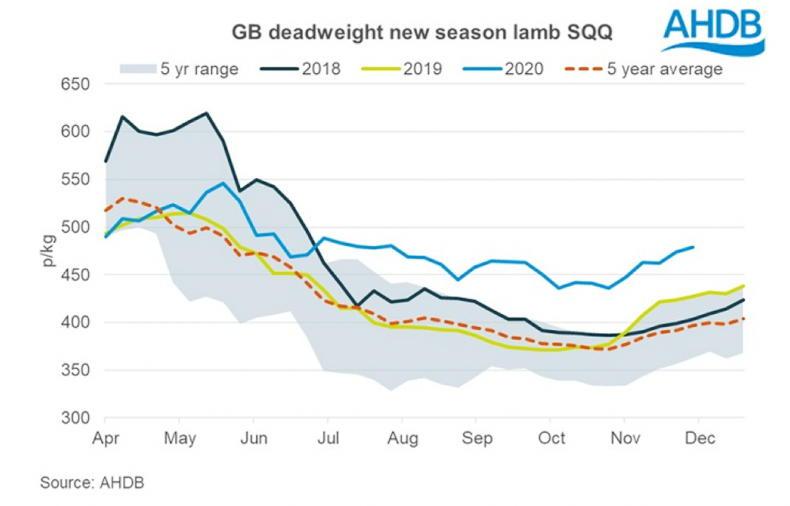
Figure 2.
This price figure is 52p/kg (57c/kg) above the corresponding week in 2019, as detailed in Figure 2, and a massive 83p/kg (90.5c/kg) above the five-year average.
Reports indicate prices continue to move upwards, with top prices exceeding £4.90/kg.
The Agriculture and Horticulture Development Board (AHDB) reports a significant reduction in UK lamb throughput in October and November.
There were 1.16m head of sheep slaughtered in November, which represents a decrease of 6% on November 2019.
A slight percentage of this decrease may be underpinned by reporting on a four-week basis, but it still follows a similar trend to October throughput.
Throughput is very much following a similar trend to Ireland, whereby higher throughput earlier in the year appears to have taken lambs out of the system earlier and is creating a void in throughput now.
This is reflected in the AHDB reporting throughput since June running 2% higher, despite the tightening in numbers in recent months. This is detailed in Figure 1.

Figure 1.
A significant contributor to lower throughput in November is a lower ewe and ram kill.
Adult sheep slaughterings of 109,400 head are running 20% lower than in November 2019. This decline is lower than was originally forecast, with some reports predicting a lower kill, but not to this extent.
Sheepmeat production for the month of November was recorded at 25,400t, a reduction of 9% on 2019 levels. Carcase weights are similar to last year at 19.6kg.
Increased farmgate prices
The AHDB reports lamb prices continuing to excel in comparison with recent years' trends. For the week ending 9 December, the liveweight standard quality quotation (SQQ) increased 20p/kg to £2.18/kg.
The sterling exchange rate continues to weaken and at Friday evening’s rate of 91.7p to the euro, this equates to €2.38/kg.
The AHDB reports this price is 26p/kg above the corresponding week in 2019 and 44p/kg above the five-year average.
Deadweight prices also increased by 5p/kg in the latest weekly price report for the week ending 5 December to average £4.79/kg or €5.22/kg.

Figure 2.
This price figure is 52p/kg (57c/kg) above the corresponding week in 2019, as detailed in Figure 2, and a massive 83p/kg (90.5c/kg) above the five-year average.
Reports indicate prices continue to move upwards, with top prices exceeding £4.90/kg.





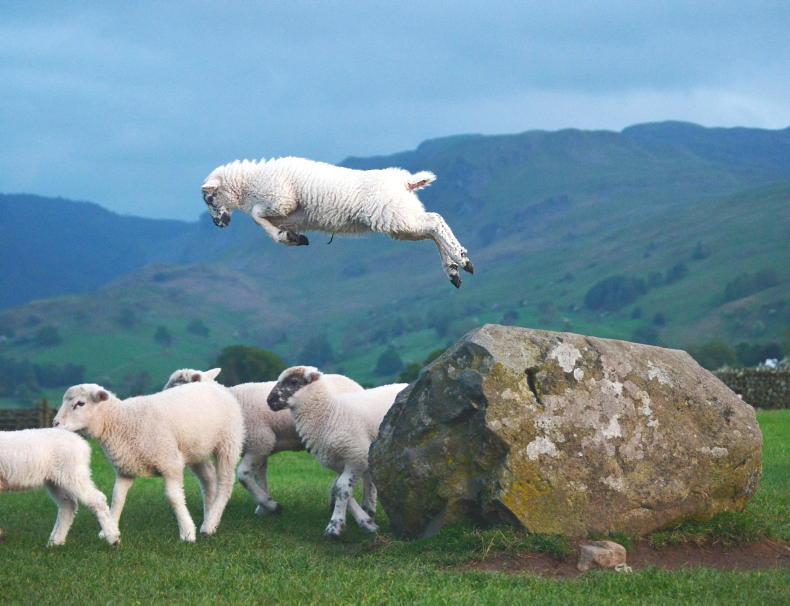
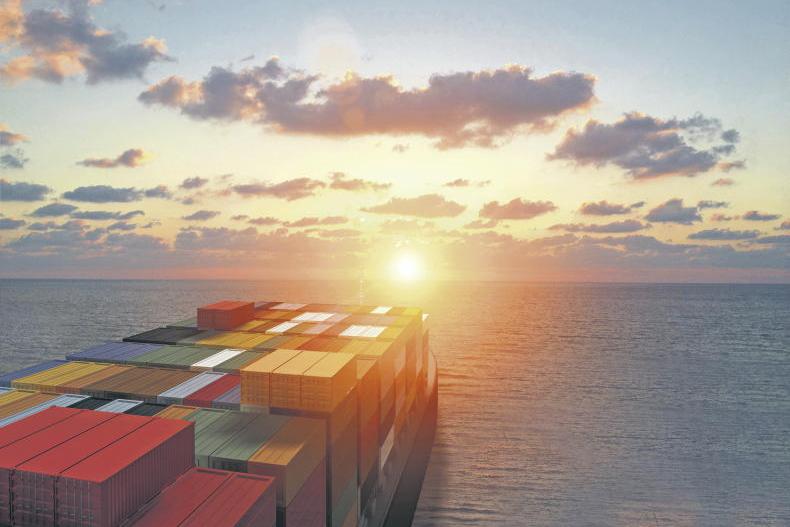

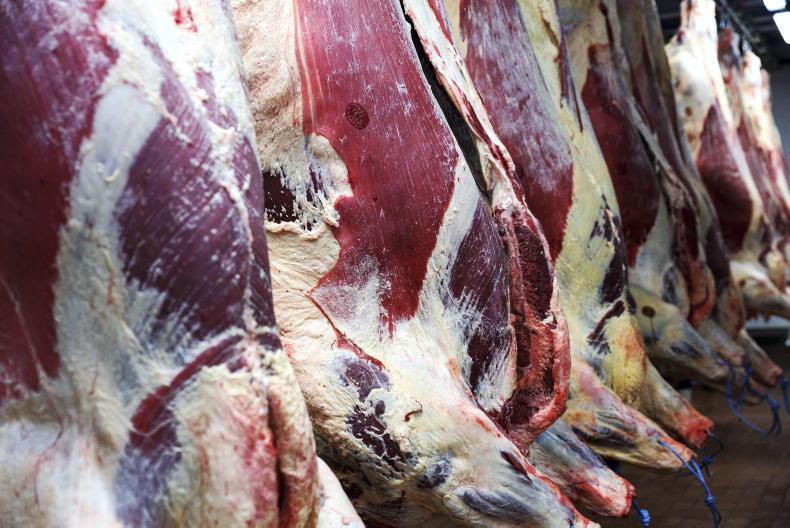
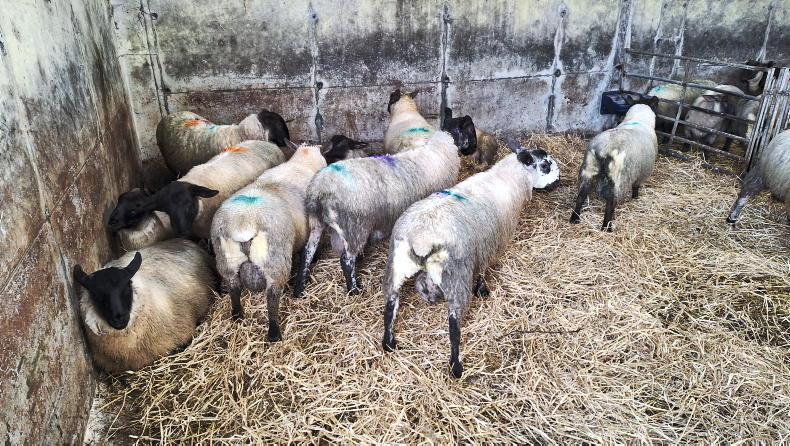
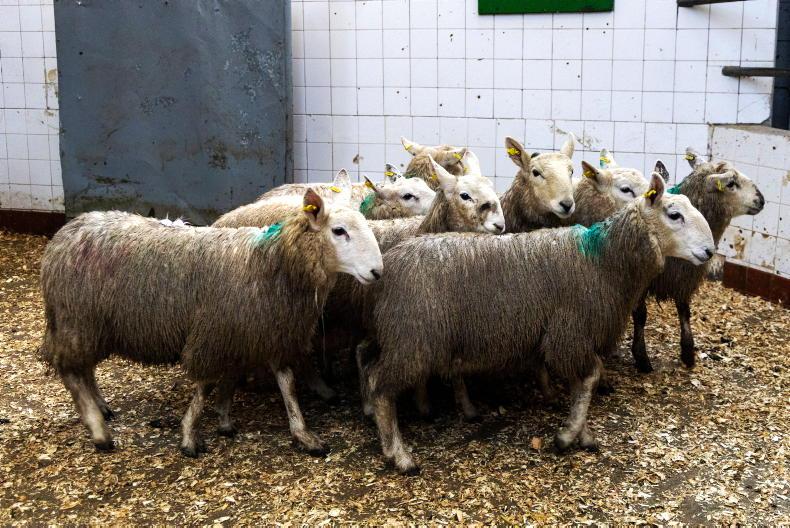
SHARING OPTIONS